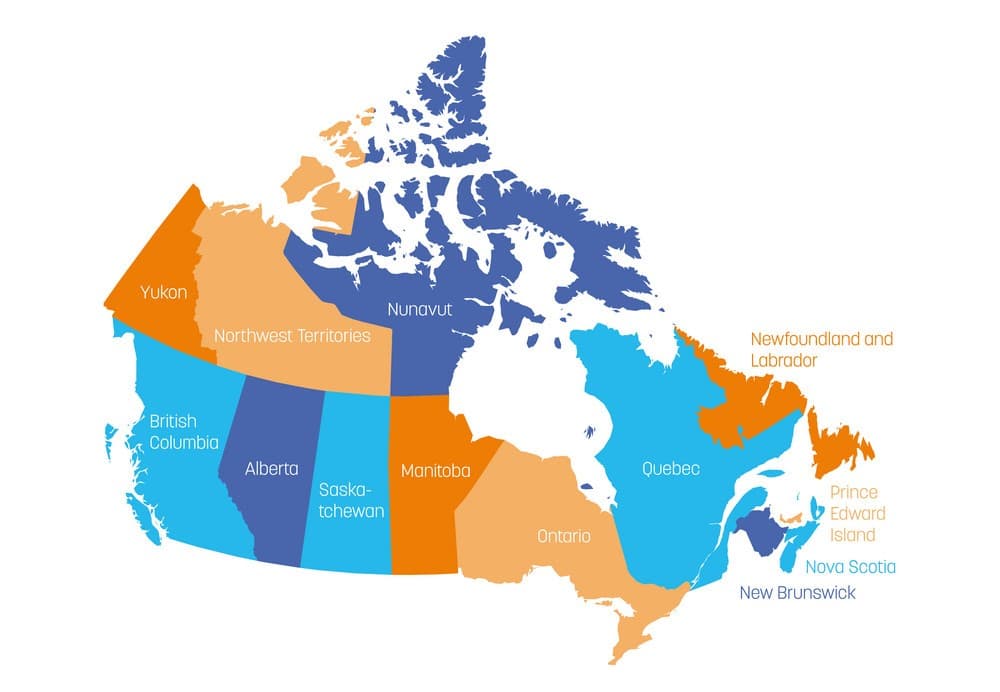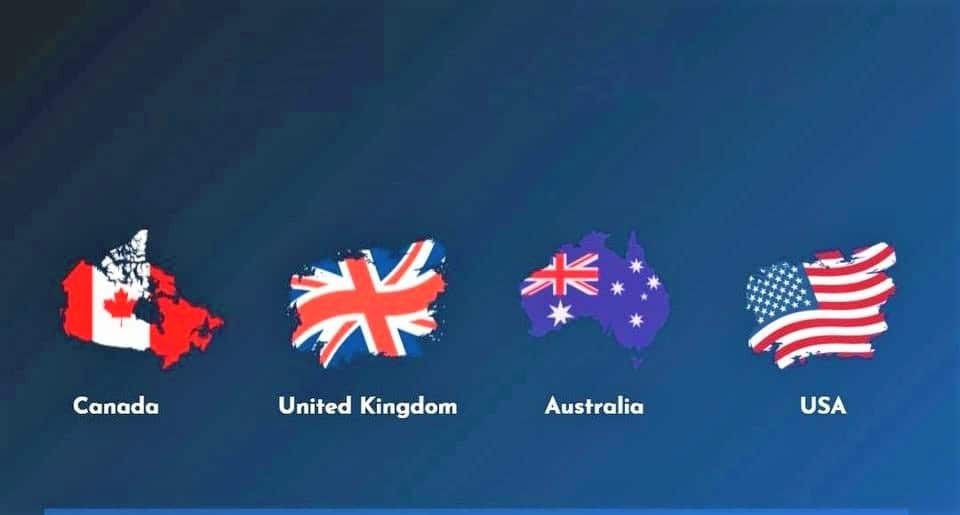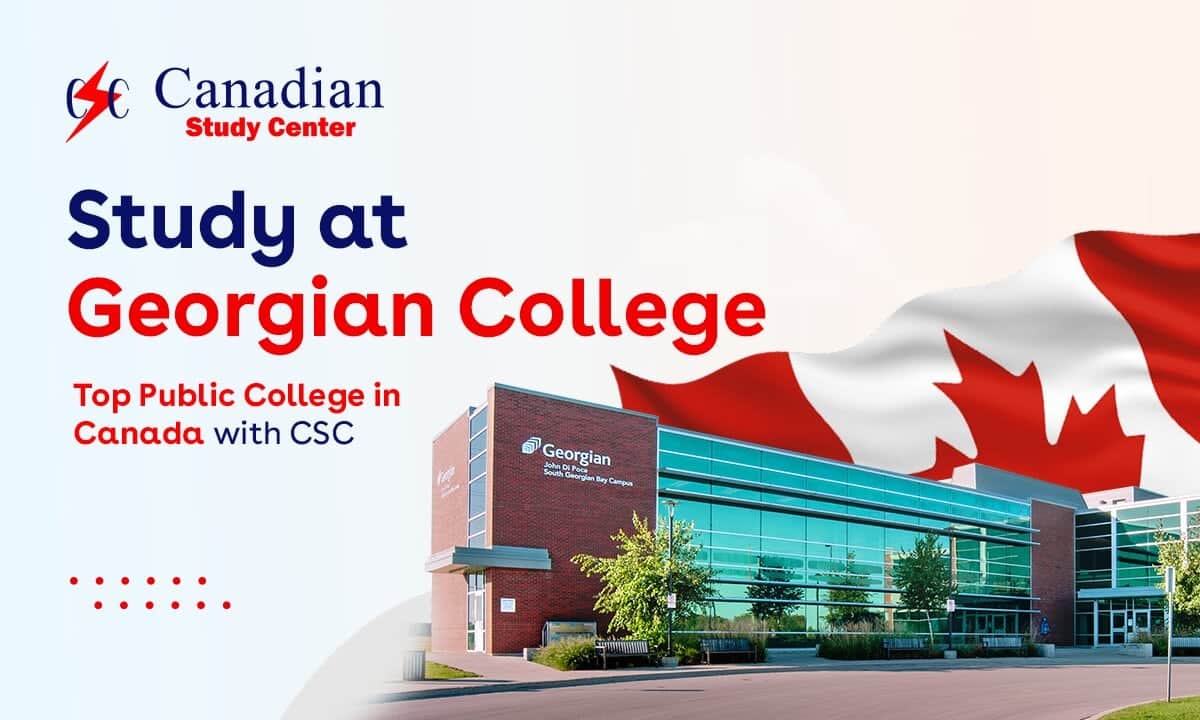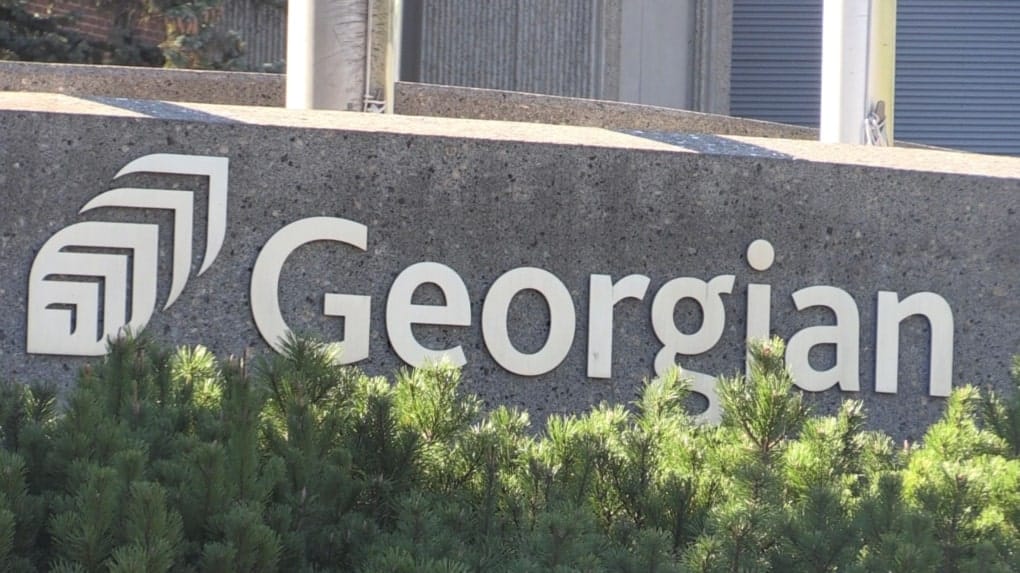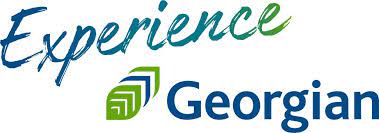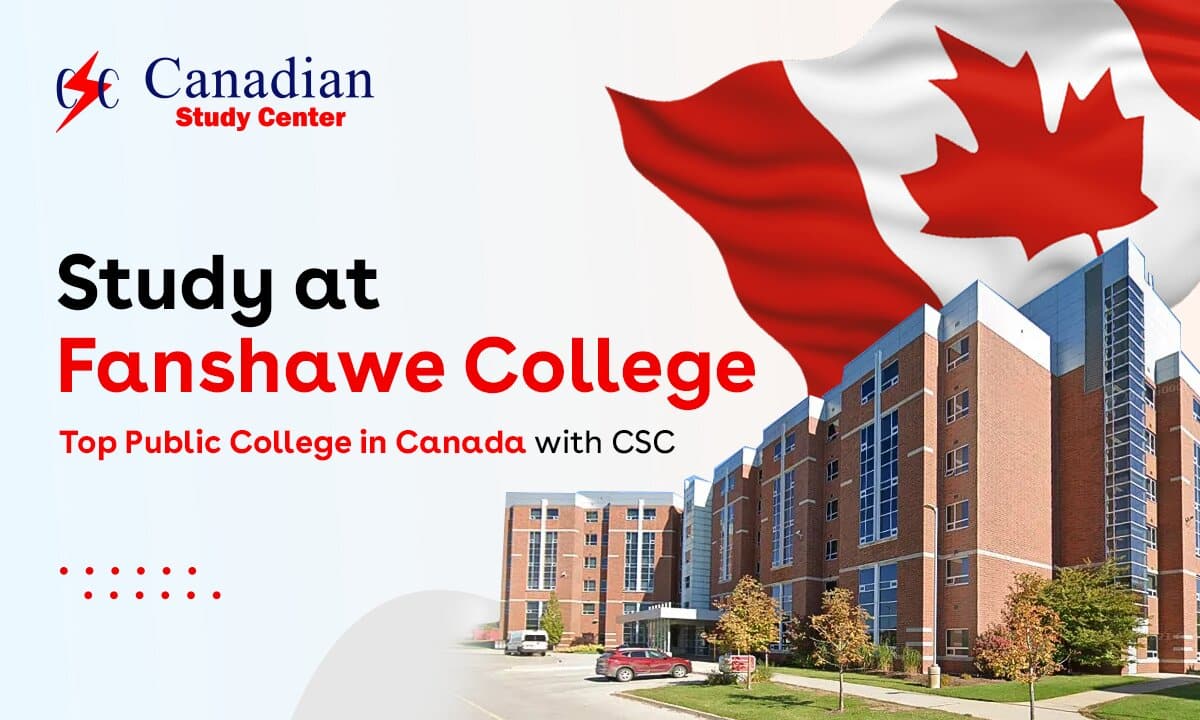Canada has become one of the top destinations for Nepali students looking for quality education and career opportunities abroad. With its strong economy, favorable immigration policies, and high standard of living, Canada provides an excellent environment for international students to study and work. One of the most important aspects of securing a successful career in Canada is choosing a field that has a high demand for skilled professionals. This blog explores the most high-demand jobs in Canada for Nepali students, offering insights into career prospects, required qualifications, and work permit details.
Canadian Study Center plays a crucial role in guiding Nepali students toward the right educational and career paths in Canada. From helping students select the best courses aligned with high-demand job sectors to assisting with visa applications and job placements
1. Why Working in Canada is an Attractive Option for Nepali Students?
- Gain International Work Experience: Working in Canada provides Nepali students with valuable experience that enhances their global employability.
- Competitive Salaries and Employee Benefits: The Canadian job market offers high salaries and comprehensive benefits, ensuring financial stability and career growth.
- Multicultural and Inclusive Work Environment: Canada is known for its diversity, providing international students with a welcoming and supportive work atmosphere.
- Pathway to Permanent Residency: Many high-demand jobs in Canada can lead to permanent residency (PR), offering long-term career stability.
2. Top High-Demand Jobs in Canada for Nepali Students
1. Healthcare Sector (Public Health Careers in Canada)
- Roles in Demand:
- Registered Nurses
- Medical Technicians
- Healthcare Aides
- Why in Demand? With an aging population and increasing healthcare needs, Canada faces a shortage of medical professionals.
- Required Qualifications:
- Degree or diploma in healthcare or nursing
- Relevant certifications such as the NCLEX for nurses
- Strong communication and problem-solving skills
2. Information Technology (IT) & Software Development
- Roles in Demand:
- Software Engineers
- IT Support Specialists
- Web Developers
- Cybersecurity Experts
- Why in Demand? Canada’s growing tech sector is driving demand for skilled IT professionals.
- Recommended Courses:
- Computer Science, Software Engineering, or IT-related degrees
- Certifications in Cybersecurity, Cloud Computing, and Programming Languages
3. Engineering & Technical Roles
- Roles in Demand:
- Civil Engineers
- Mechanical Engineers
- Electrical Engineers
- Why in Demand? Canada’s expanding infrastructure and renewable energy projects require skilled engineers.
- Required Qualifications:
- Bachelor’s degree in Engineering
- Professional certification (such as P.Eng)
- Practical experience through internships
4. Financial & Accounting Roles
- Roles in Demand:
- Financial Analysts
- Accountants
- Bookkeepers
- Why in Demand? Businesses need financial professionals for budgeting, forecasting, and financial analysis.
- Skills Needed:
- Knowledge of Accounting Software
- Strong Analytical and Problem-Solving Skills
- Certifications such as CPA or CFA
5. Business & Marketing Jobs
- Roles in Demand:
- Digital Marketing Specialists
- Business Analysts
- Sales Professionals
- Why in Demand? As businesses move online, marketing and business strategy roles are increasingly important.
- Recommended Courses:
- Marketing, Business Management, or Communications Degrees
- Certifications in Digital Marketing & SEO
6. Skilled Trades (Highest Paid Jobs in Canada for International Students)
- Roles in Demand:
- Electricians
- Welders
- Carpenters
- Why in Demand? A labor shortage in skilled trades has created high-paying job opportunities.
- Certifications Required:
- Apprenticeship Programs & Trade Certifications
- Hands-on Practical Experience
7. Education Sector Jobs
- Roles in Demand:
- Early Childhood Educators
- Teaching Assistants
- Why in Demand? Canada has an increasing demand for skilled educators.
- Required Qualifications:
- Degree or Certification in Education
- Strong Communication & Interpersonal Skills
3. Tips for Securing a Job in Canada as a Nepali Student
- Build a Strong Network: Attend job fairs, and networking events, and connect with professionals on LinkedIn.
- Create a Compelling Resume & Cover Letter: Tailor your application to highlight relevant skills and experience.
- Utilize College Career Services: Seek guidance from career advisors and participate in job placement programs.
- Gain Canadian Work Experience: Engage in part-time jobs, internships in Canada, and volunteer work.
- Enhance Language Skills: Strong English or French communication skills are essential for job success.
4. Work Permit Information for Nepali Students
1. Types of Work Permits Available:
- On-campus Work Permit (On Campus Jobs in Canada)
- Off-campus Work Permit
- Co-op & Internship Work Permit (Internship in Canada)
2. Post-Graduation Work Permit (PGWP)
- This permit allows students to work in Canada for up to three years after completing their studies.
- Eligibility Criteria:
- Completed a program at a Designated Learning Institution (DLI)
- Valid Study Permit at the time of application
- Application Process:
- Apply online via the Government of Canada’s official website
- Submit required documents, including proof of graduation
5. Challenges Nepali Students Might Face & How to Overcome Them
- Cultural Differences: Engage in cultural exchange events and adapt to Canadian customs.
- Balancing Work & Studies: Create a structured schedule for effective time management.
- Language Barriers: Take language improvement classes and practice regularly.
6. How Canadian Study Center Helps Nepali Students
Canadian Study Center provides complete support to Nepali students planning to study and work in Canada. Their services include:
- Study Program Guidance: Helping students choose the right courses aligned with high-demand job sectors.
- Job Application Support: Assistance with resume building and job searches.
- Work Permit Assistance: Providing information and support for work permit applications.
- Career Counseling: Personalized advice for career success.
Conclusion
Canada offers excellent job opportunities for Nepali students in various high-demand fields. By acquiring the right skills, networking effectively, and seeking expert guidance from the Canadian Study Center, students can build a successful career in Canada. If you are planning to study and work in Canada, reach out to the Canadian Study Center for expert assistance and personalized support.
Frequently Asked Questions (FAQs)
1. What are the most high-demand jobs in Canada for Nepali students?
Some of the most in-demand jobs in Canada for Nepali students include roles in healthcare, IT, engineering, finance, business, marketing, skilled trades, and education. Fields like nursing, software development, civil engineering, digital marketing, and accounting have strong job prospects.
2. What are the highest-paid jobs in Canada for international students?
The highest-paid jobs in Canada for international students include positions in IT (software developers, cybersecurity experts), healthcare (registered nurses, medical professionals), engineering (civil, mechanical, electrical), and finance (accountants, financial analysts).
3. Can international students work on campus in Canada?
Yes, international students with a valid study permit can work on campus at their university or college without needing a separate work permit.
4. What are the best on-campus jobs in Canada for international students?
Common on-campus jobs for students include library assistants, research assistants, administrative office staff, teaching assistants, and food service workers.
5. What job opportunities are available for international students in Canada?
International students in Canada can work part-time during their studies and full-time during scheduled breaks. Common jobs include customer service, retail, hospitality, tutoring, and paid internships related to their field of study.
6. What is the process to get a permit to work in Canada?
International students can work without a separate work permit if they have a valid study permit that allows them to work. However, if they want to work in a co-op or internship program, they may need a co-op work permit.
7. How can Nepali students get a Canada work visa after graduation?
After graduation, Nepali students can apply for a Post-Graduation Work Permit (PGWP), allowing them to work in Canada for up to three years. This can also be a pathway to permanent residency.
8. What are the career prospects in public health in Canada?
Public health careers in Canada are in high demand, including roles like public health officers, epidemiologists, healthcare managers, and medical technicians. A degree in public health or a related field can open doors to job opportunities in hospitals, research institutions, and government agencies.










